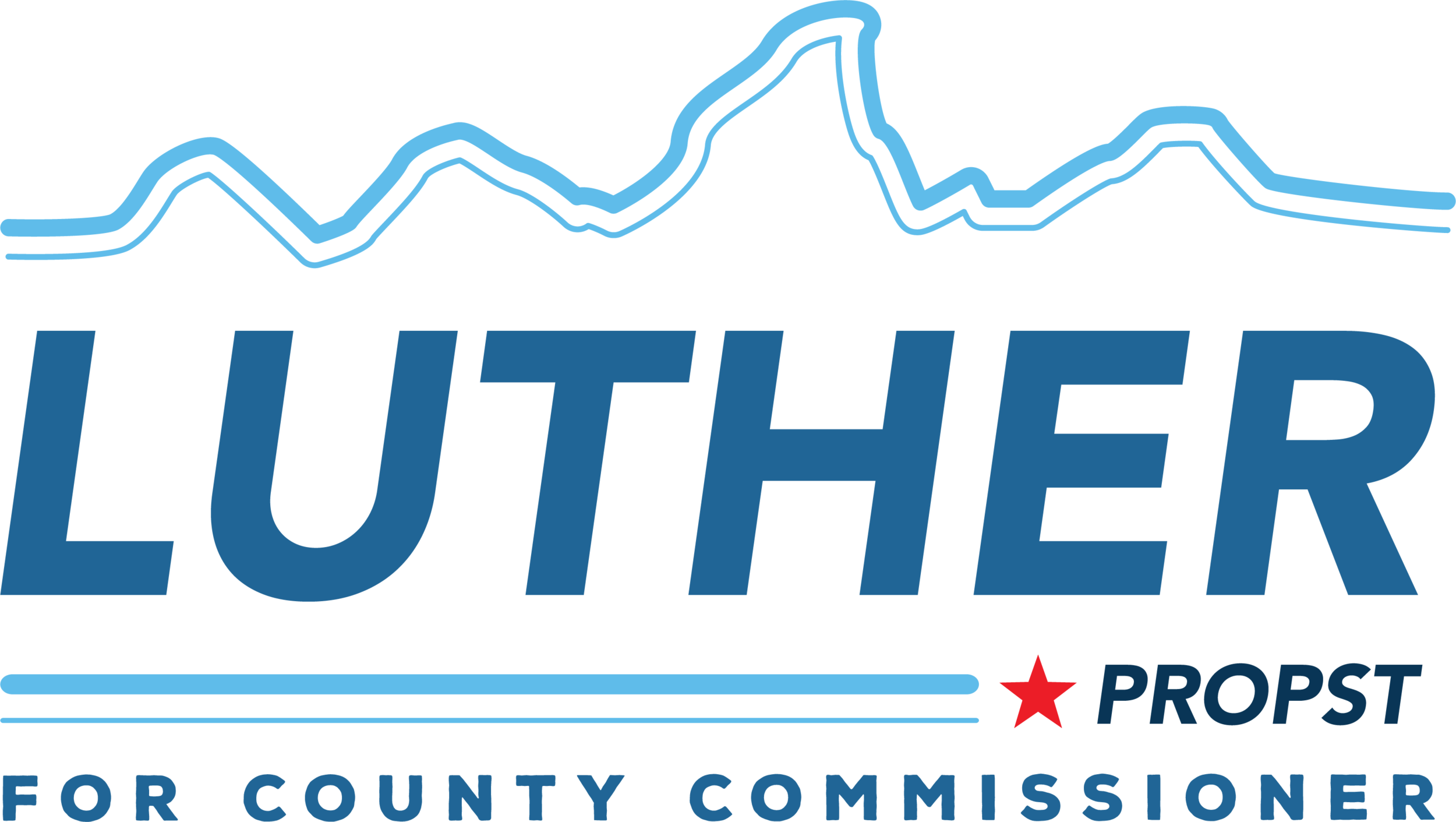My Priorities for Water Quality, Fisheries, and Rivers
If elected to the Teton County Board of County Commissioners, one of my priorities will be to protect and restore water quality and the health of our rivers, fisheries, and riparian areas.
On a personal note, I am an avid fly angler, white-water paddler, and down-river boater. Rivers are an important part of my life. Professionally, I ran the Sonoran Institute for 21 years where we worked extensively to protect water quality and restore rivers, particularly the Santa Cruz River in Arizona and Sonora, and the Delta of the Colorado River in Sonora and Baja California.
I have years of experience advancing successful efforts to protect and restore rivers and water quality. I am committed to bringing this experience and passion to improving water quality and river health in Teton County.
The vision of Teton County’s Comprehensive Plan provides the foundation for my water quality and river protection priorities: to preserve and protect the area’s ecosystem in order to ensure a healthy environment, community, and economy for current and future generations. We can improve how we realize this lofty vision. To move this goal forward I will:
Expedite efforts to reduce pollution in the Flat Creek and Fish Creek watersheds.
The levels of pollution from biological waste, nutrient loading, and stormwater run-off in Flat/Cache Creek and Fish/Lake Creek are unacceptable. It’s time for action. I will advocate for taking effective, strategic, and coordinated action to improve water quality in these streams. I will propose and watchdog both immediate short-term action (e.g. natural buffer strips along water ways) and an action plan for more ambitious longer-term steps (e.g. remediating pollution from septic tanks).
Develop a Conservation Action Work Plan to advance long-term solutions.
Teton County has plans galore: a comprehensive plan, an integrated transportation plan, and a housing action plan. Nevertheless, we need a concise, actionable work plan to set our conservation and restoration priorities in the face of ever-increasing growth pressures, a rapidly changing climate, and assaults on our public lands.
I will propose that the county (and town) appoint an ad hoc volunteer task force to develop a Conservation Action Work Plan that sets conservation priorities, analyzes funding options, and makes recommendations on conservation priorities and actions – ranging from wildlife crossings to fisheries connectivity, from purchasing and retiring development rights to stewardship leases, from stormwater and nutrient management to restoring cottonwood riparian habitat along the Snake River floodplain.
The ad hoc task force will also analyze how to fund conservation action. This may include: private philanthropy; a new Improvement and Service District to finance enhanced wastewater collection and treatment investments; a Conservation SPET; and other innovative funding methods.
Create a Conservation Commission to elevate the County’s attention to public lands, water quality, and wildlife.
Creating a volunteer Conservation Commission will tap into local experts to advise on: (a) reducing the ecological and wildlife impacts of local community development and transportation decisions; (b) protecting public lands, rivers, and wildlife; and (c) implementing the CAWP.
Designate a position for a biologist and/or public lands conservation planner.
This staff person, perhaps a new position or perhaps reassigning current staff, will ensure that county decisions incorporate the best information regarding the potential impacts on wildlife, natural areas, rivers, and water quality. In addition, the biologist/conservation planner will ensure that the county is well prepared to protect the county’s interests in federal and state decisions regarding public lands, wildlife, transportation, and water quality.

